For over a century, pasteurization has been championed as a miracle of modern science, credited with eradicating harmful “pathogens” with his germ theory shenanigans (which was funded by a rich banking heiress no less) and making food “safer”.
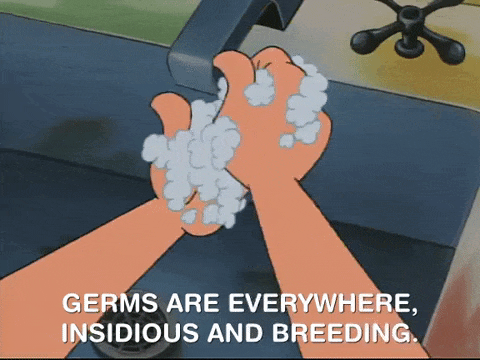
But what if pasteurization, the very process hailed as a public health savior is, in reality, a quiet saboteur of our health?


Now back to the great fraud of Louis…the pasteurizer.
By destroying the natural nutrients, enzymes, and beneficial bacteria in our food, pasteurization seems to have helped leave us nutritionally bankrupt, gut-impaired, and vulnerable to chronic illnesses. Let’s take a closer look at how pasteurization became the Trojan horse of the food industry—and why it’s time to question its true cost.
What Does Pasteurization Really Do?
Pasteurization involves heating food including things like honey (make sure to read your labels), but particularly dairy and juice, to specific temperatures to kill supposedly harmful bacteria and other microscopic germ theory based terrorists.

On the surface, this seems like a win. But here’s the catch: it doesn’t just kill bad bacteria and other germ theory based juju—it annihilates the good stuff too!

Honey has a very low water content (around 17%) and a slightly acidic pH, which makes it inhospitable to bacteria and microorganisms. It also contains natural antimicrobial properties, allowing it to last indefinitely when stored properly. So why pasteurize this wonder food?
Why pasteurize any food really? Is it really about health? Or is it more about having a longer shelf life for products that are sold throughout the food markets to make them more profitable??? What is the true impact of pasteurization?

Nutrient Destruction: Heat-sensitive vitamins, such as B vitamins, C, and folate, are significantly reduced during pasteurization. What you’re left with is a nutritionally inferior product that masquerades as healthy.
Enzyme Loss: Raw milk, for example, contains enzymes like lactase, which helps digest lactose. Pasteurization destroys these enzymes, leaving many people lactose-intolerant and bloated after consuming pasteurized dairy (but I guess we should just trust the scientists…right?).
Beneficial Bacteria Eradication: Raw milk and fermented foods are naturally teeming with probiotics—the good bacteria that our gut microbiomes thrive on. Pasteurization wipes out these beneficial microbes, leaving our guts underfed and unprotected.


The Fallout: Gut Microbiomes in Crisis
The gut microbiome is often called the body’s "second brain." It influences everything from digestion to immune function to mental health. Yet pasteurized foods contribute to gut dysbiosis, an imbalance of gut bacteria, which can trigger:
Chronic Inflammation: Without beneficial bacteria to counteract harmful microbes, inflammation becomes a baseline state, leading to autoimmune conditions and allergies.
Poor Nutrient Absorption: The absence of enzymes and probiotics in pasteurized foods hampers our ability to break down and absorb essential nutrients. The result? Nutritional deficiencies that affect everything from energy levels to skin health.
Mental Health Issues: Emerging research shows a direct connection between gut health and mental well-being. Gut dysbiosis has been linked to anxiety, depression, and even neurodegenerative diseases like Alzheimer’s.
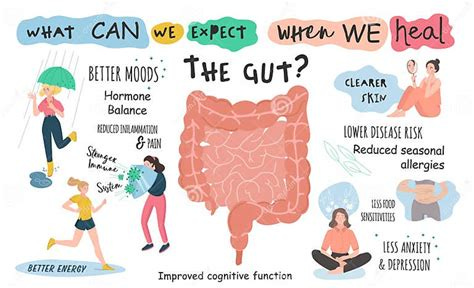
The Psychological and Physical Toll
Physical Health
Rise in Chronic Diseases: The widespread adoption of pasteurization coincided with an explosion in chronic illnesses. Could it be that our “safe” foods are contributing to diabetes, obesity, and cardiovascular diseases?

Immune System Dysfunction: Our immune systems rely on microbial diversity. Pasteurization robs us of the exposure we need to build a resilient immune response.
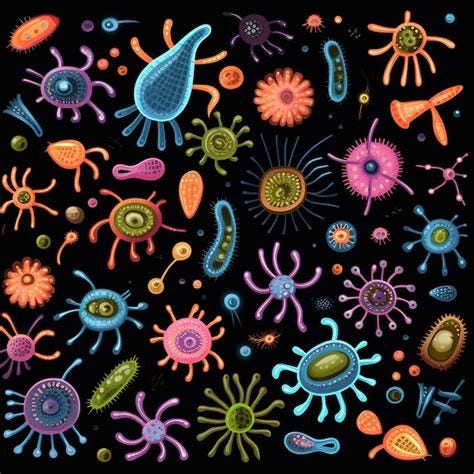
Mental Health
Anxiety and Depression: The gut-brain axis is real, and a disrupted microbiome can wreak havoc on our mental state.
Brain Fog: Nutritional deficiencies caused by pasteurized foods impair cognitive function, leaving many of us feeling sluggish and unfocused.
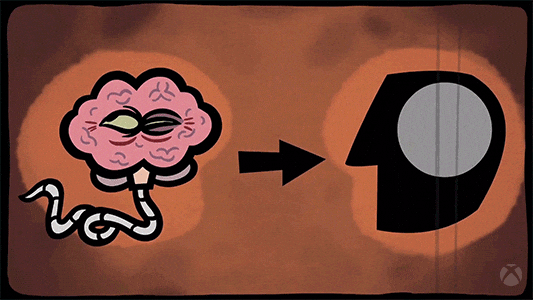
The Industrial Food Machine: Profit Over Health
Pasteurization didn’t become the standard because it was best for human health—it became the standard because it was best for corporate profits. Here’s how:
Extended Shelf Life: Pasteurization increases the shelf life of milk and juice, making it easier and cheaper for companies to distribute these products globally.
Elimination of Competition: Pasteurization regulations put small-scale raw milk producers out of business, consolidating power in the hands of industrial food giants.
A False Sense of Security: By promoting pasteurized foods as "safe," the food industry distracted us from their declining nutritional value, leading consumers to eat more but get less.
The Raw Truth: What We’ve Lost
Let’s not forget what we’re missing:
Natural Immunity Boosters: Raw milk and other unpasteurized products contain immunoglobulins and antibodies that support our natural defenses.
Rich Flavor and Nutrients: Pasteurized products are often bland and one-dimensional, while raw foods offer complex flavors and a richer nutrient profile.
Local, Sustainable Food Systems: Raw milk producers are typically small-scale farmers committed to humane, sustainable practices. Pasteurization regulations often force them out of business, making way for factory farms.

Is Pasteurization Making Us Sicker?
The more pasteurized, sterilized, and over-processed our diets become, the more disconnected we grow from nature’s design. Could pasteurization be one (of many) of the root causes of our collective decline in health? While it’s important to avoid genuine toxins like the byproducts of botulism, the risks of pasteurization may far outweigh the benefits when it comes to chronic, long-term health. Should Pasteur be celebrated? Or should we take a step back and maybe rethink his approaches (on many things)?
The Way Forward: Taking Back Control of Our Food
What can you do to break free from the pasteurization trap?
Seek Out Raw Foods: If available in your area, raw milk, raw cheeses, and other unpasteurized products are excellent ways to restore gut health and nutrient intake. Make sure they come from reputable, clean sources.
Ferment Your Foods: Homemade yogurt, kefir, sauerkraut, and kombucha are easy ways to reintroduce beneficial bacteria into your diet.
Support Local Farmers: Buy from small-scale producers who prioritize food quality over industrial convenience.
Challenge the Narrative: Educate yourself and others about the potential harms of pasteurization. Demand transparency and better options from food producers.

It’s Time to Rethink Pasteurization
For decades, we’ve been told that pasteurization is necessary for safety. But what about the safety of our gut microbiomes, our immune systems, and our mental health? It’s time to stop letting the industrial food complex dictate what’s "good" for us. By reclaiming raw, unprocessed foods, we can take a critical step toward restoring our health—and breaking free from the pasteurization myth.






![🔥 [100+] Sadness Inside Out Wallpapers | WallpaperSafari 🔥 [100+] Sadness Inside Out Wallpapers | WallpaperSafari](https://substackcdn.com/image/fetch/$s_!7DZ1!,w_1456,c_limit,f_auto,q_auto:good,fl_progressive:steep/https%3A%2F%2Fsubstack-post-media.s3.amazonaws.com%2Fpublic%2Fimages%2F89e23c37-3085-4c36-a79e-395b26762a5f_474x632.jpeg)



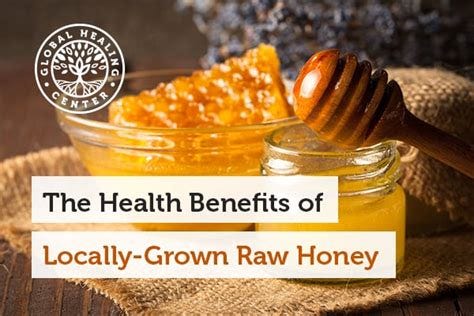

Raw milk, raw yogurt, raw honey, raw cheese…all healthy additions to our diet!
Abby Rockefeller was on CHD, I think it was her pal's Nass's show, but IIRC Nass did not appear. She was promoting Raw Milk.
About a twelve minute segment. I confess I did not plow through the whole thing.
I think this was before she and Meryl attended CHD's RFK, I'm running for President party.
Have not looked into this, but suspect that milk and fluoride, etc. will be part of the MAHA campaign as issues to focus on and not the shots.
Speculation.